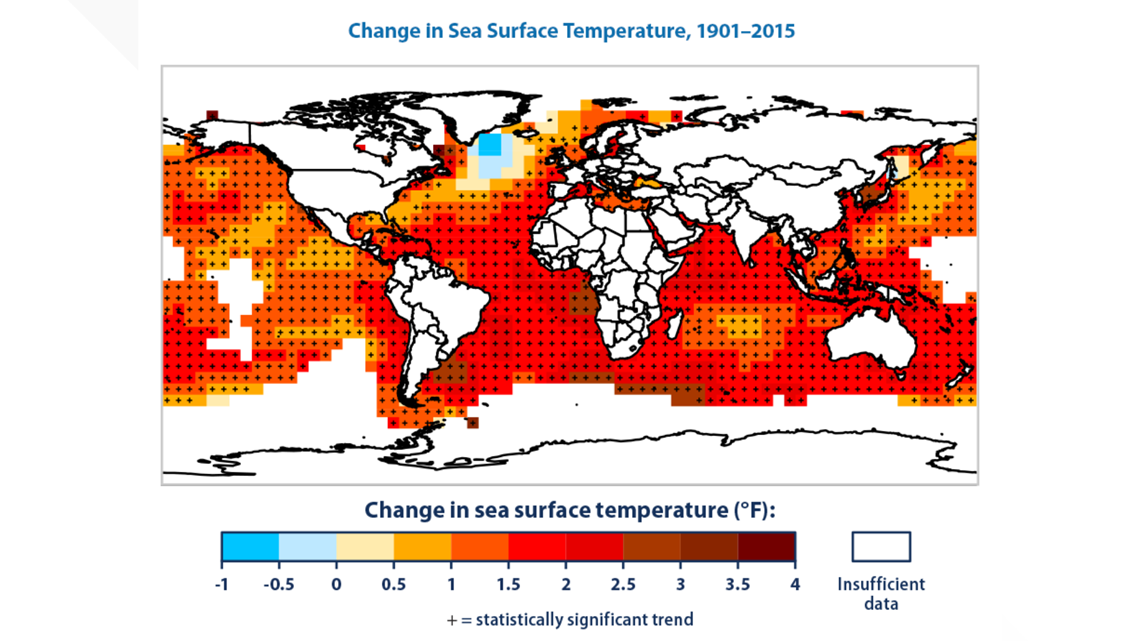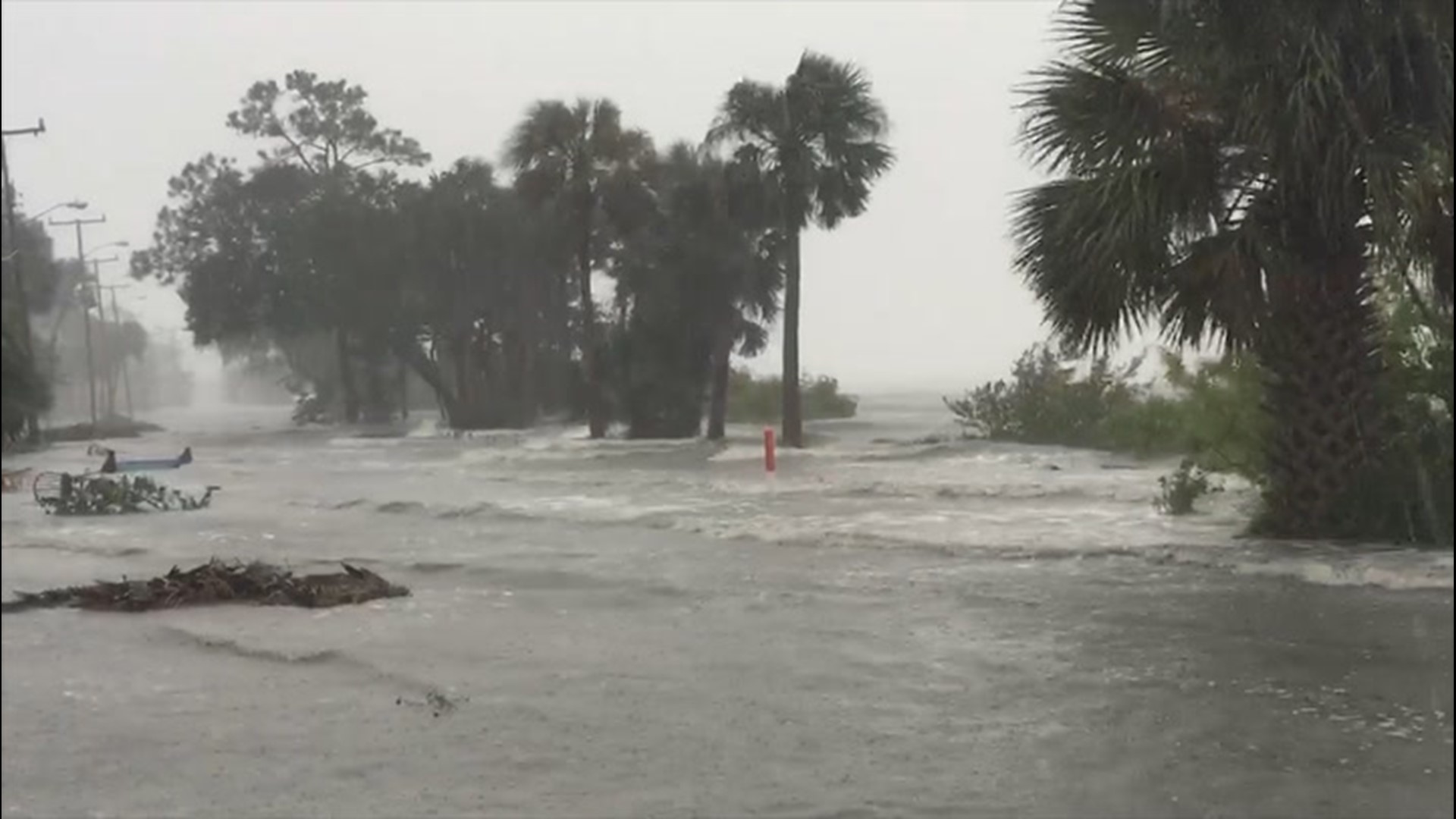ST. PETERSBURG, Fla. — Tropical Storm Arthur largely will be a storm for the fishes, aside from brushing the North Carolina coastline, though it's already record-breaking.
For the sixth year in a row -- the longest streak in recorded weather history -- a tropical cyclone received a name prior to the official start of the Atlantic hurricane season. Arthur was named May 16; hurricane season begins June 1.
- Ana (2015)
- Alex, which was a rare Category 1 hurricane in January, and Bonnie (2016)
- Arlene (2017)
- Alberto (2018)
- Andrea (2019)
- Arthur (2020)
With yet another preseason storm on the map, it kind of begs the question: Should hurricane season scoot into May? Oh, and what will this upcoming hurricane season bring?
There's a debate going on right now at the National Hurricane Center in Miami over moving the hurricane season-opening date to sometime in May, according to the South Florida Sun-Sentinel. Part of the conversation involves technology. Before weather satellites launched, meteorologists were left without the vital data we have today in knowing what was happening way out in the Atlantic Ocean, so some preseason storms might have been missed entirely.
"The satellite era has likely resulted in more named storms as we are now able to see storms that are way out over the ocean and will not affect anyone," 10 Tampa Bay chief meteorologist Bobby Deskins said. "In the past, they could come and go with no one knowing they formed."
Having preseason storms develop six years in a row has made a few more forecasters' brows rise. Could it be a result of climate change? One of the main drivers of tropical cyclone development is warm water temperatures, and climate change has made that commonplace over the past several decades.


"Warmer than normal water, which can be caused by climate change, can make it easier to form storms as that warm water is the fuel for tropical systems," Deskins said.
David Nolan, chairman of the Department of Atmospheric Sciences at the University of Miami told the Sun-Sentinel there is not a connection between "global warming and a trend in hurricane activity." Climate change, he said, happens over a much larger period of time, and the high average ocean temperature is something happening in the relative short-term.
Brian McNoldy, a Senior Research Associate at University of Miami's Rosenstiel School of Marine and Atmospheric Science, wrote the official bounds of hurricane season -- between June 1 and Nov. 30 -- has been nudged before, but "hurricane season was never intended to contain ALL activity, just the large majority."
Still, the debate within the offices at the National Hurricane Center continues. Its spokesman Dennis Feltgen said the team is aware of the storms that have developed early in the past 10-15 or so years.
"But, it is also aware of the lack of any such activity during May 15-31 in the preceding 30 years," Feltgen told the Sun-Sentinel.
So what does Arthur's development mean for the rest of the season? Not much.
The ingredients for the development of tropical systems, especially warm water, have been there for the past several years and have helped to spawn more of these preseason storms.
Though Philip Klotzbach at Colorado State University notes there is no strong correlation between the date of the first-named storm compared to the activity of the overall activity for an entire season.
But don't let your guard down as several forecasts issued ahead of the upcoming 2020 Atlantic hurricane season predict an above-average season, including more named storms, more hurricanes and even an increased likelihood for more major hurricanes.
It's easy to prepare when the storm isn't on the doorstep, and maybe Arthur could be a reminder that the Atlantic season is ready to go.
What other people are reading right now:
- Tropical Storm Arthur churns away from Florida, toward the Carolinas
- 18-year-old shot, killed in downtown Tampa park
- Gym owners hopeful, preparing to reopen as part of phase one
- Breaking down Gov. DeSantis' new phase one guidance: What does it mean?
- Disney Springs releases new guidelines ahead of reopening
- Nursing homes can't seize stimulus checks for Medicare, FTC says
- Governor sparks outrage after blaming some Floridians for errors on unemployment applications
FREE 10NEWS APP:
►Stay In the Know! Sign up now for the Brightside Blend Newsletter



